
The Star Trek franchise has faced difficult times in the past two decades, largely due to corporate turmoil and failed creative leadership. On July 7, 2025, Skydance officially took control of Paramount, including the Star Trek series, opening the door for possible changes. So far, Skydance has not announced its plans, but industry rumors suggest the franchise may undergo a shift after years of mismanagement.
The franchise’s troubles began in 2005 when Viacom, led by Sumner Redstone, split into two companies: Paramount and CBS. This move transferred Star Trek from Paramount, where it had thrived for decades, to CBS, a company that lacked understanding or appreciation for the series. CBS promptly canceled Star Trek: Enterprise, putting the franchise on hold. Paramount later licensed the series to the JJ Abrams-produced films, but those movies ran out of steam by 2016. Meanwhile, CBS sought to use Star Trek to boost its streaming service, CBS All Access, handing creative control to Alex Kurtzman and his production company, Secret Hideout.
Kurtzman’s leadership has been controversial and largely unsuccessful. Fans argue that his focus on diversity, equity, and inclusion initiatives overtook the storytelling, leaving many long-time enthusiasts alienated. Rumored plans to portray Captain Kirk as bisexual sparked backlash, and the casting of Paul Wesley as Kirk in Strange New Worlds was criticized for lacking the charisma that defined the character. While some projects like Picard‘s third season saw a modest success, others like Star Trek: Discovery and Lower Decks struggled.

Reports say that Starfleet Academy, a spin-off following Discovery, may face cancellation before it even airs after a costly first season marked by extensive re-shoots aimed at removing unpopular elements linked to the heavily criticized Section 31 movie. The show’s DEI themes also drew strong criticism from viewers, which was reflected in low engagement on trailers and social media.
As Skydance steps in, the question is whether they will clean house. Kurtzman still has a year left on his contract, and while an early exit is possible, it seems more likely he will finish his term, possibly with a limited extension if Starfleet Academy continues. Long-term, Skydance may look to bring fresh leadership to restore faith in the franchise. Rumors suggest two main paths: continuing with Star Trek: Legacy, which is more of a fan-favorite spin-off set after Picard’s third season that brings back the Next Generation cast; or completely discarding the current trajectory and reviving classic styles, possibly through an Enterprise continuation pitched by Michael Sussman. The problem is these are also rumored to be attached to JJ Abrams’ Bad Robot outfit, but that may just be JJ’s people trying to cling to the property.
There is also talk about involving Ronald D. Moore, former Star Trek producer known for well-regarded work, to guide future stories, which would signal a return to the roots that made Star Trek beloved.

After years of failed attempts to bring new life to Star Trek, many fans and experts agree that the franchise desperately needs a fresh start and a return to the optimistic vision it once held. The new ownership at Skydance offers hope for change, but the path forward remains uncertain. Whatever the outcome, the Star Trek community remains vigilant, eager for evidence that this beloved franchise can regain its place in science fiction entertainment.
This franchise could certainly use some good news after years of poor-quality programming under Alex Kurtzman and his team. The coming months will be crucial in determining if Skydance can steer Star Trek back on course or if the decades-old struggles will continue.
***


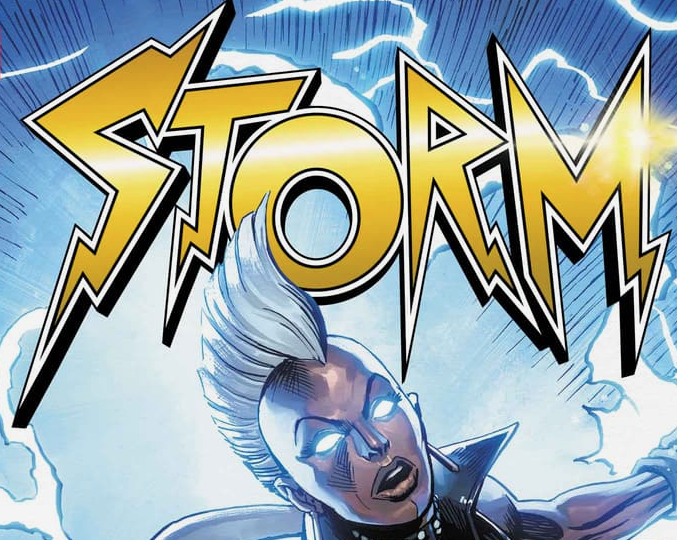
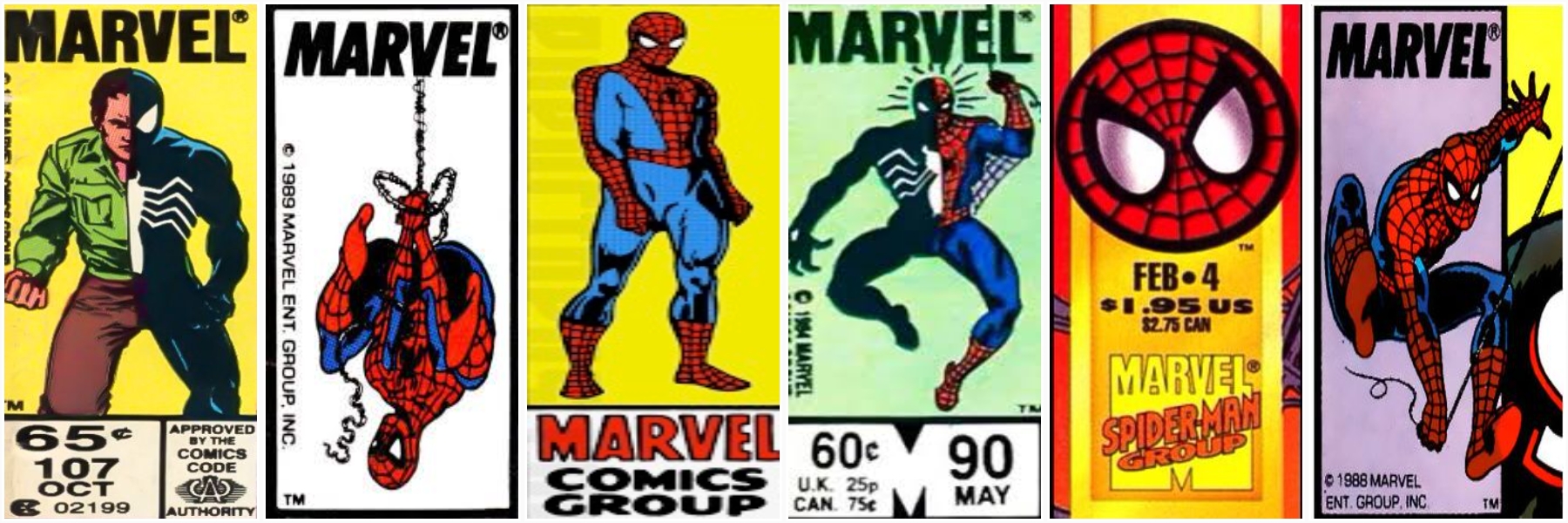

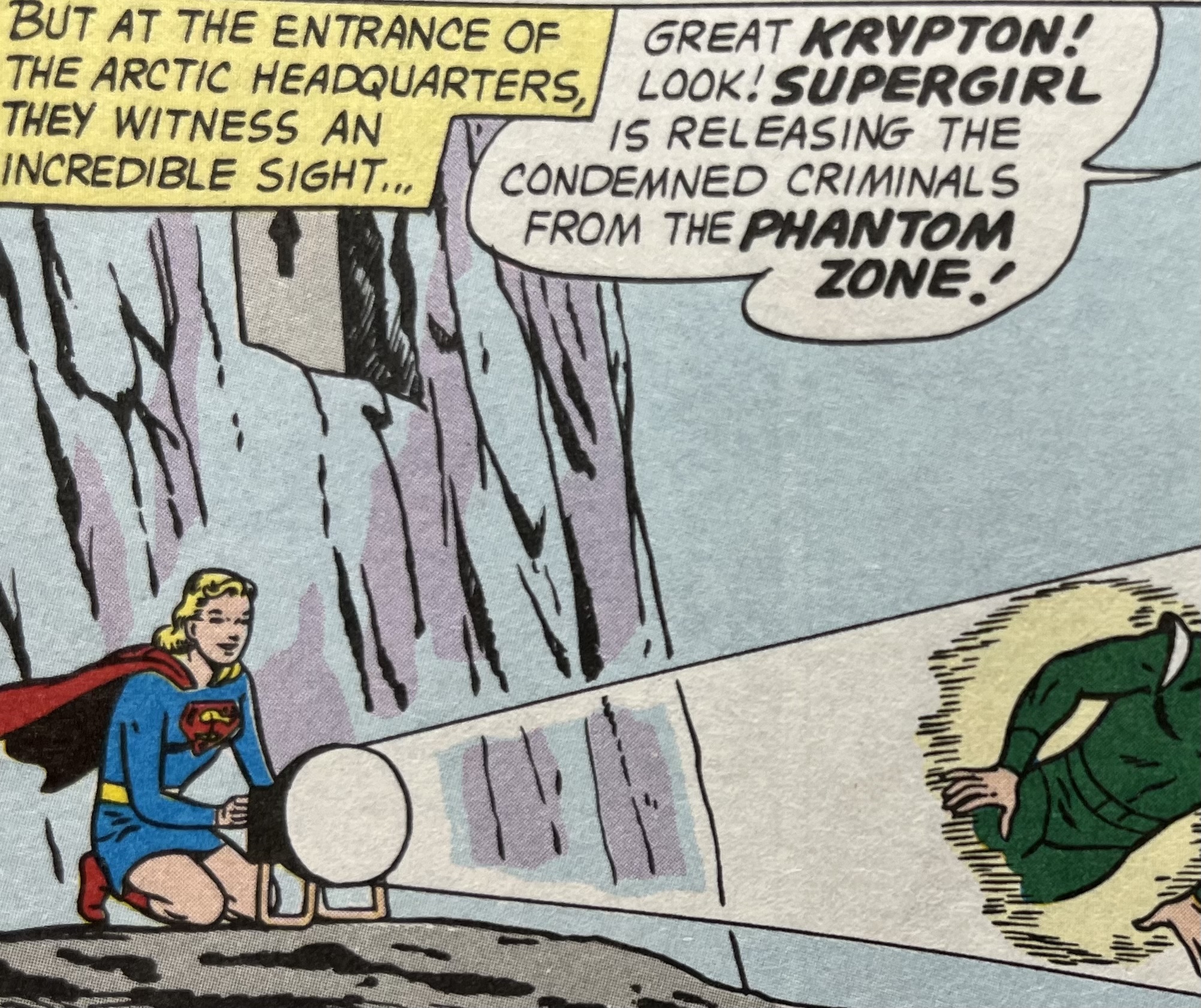

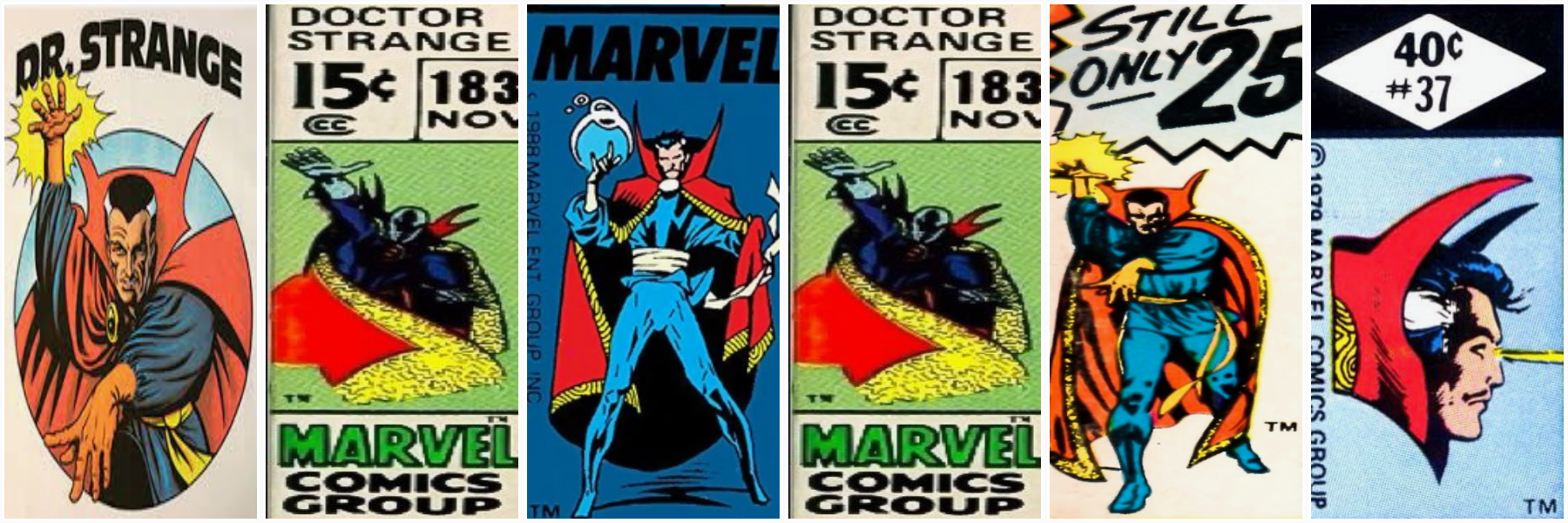





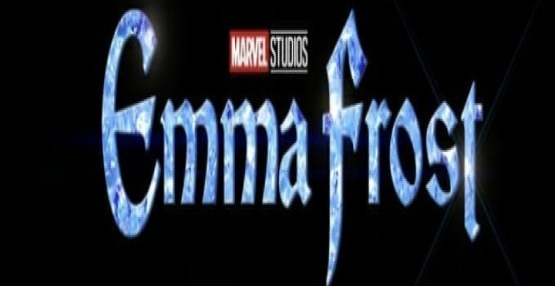

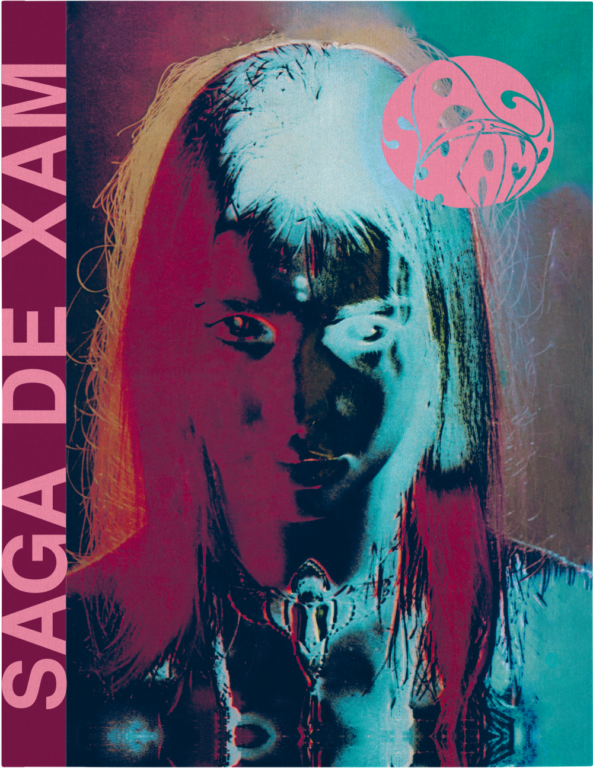

!["Superman" (2025) Brings Heart, High Stakes, and Surprising Twists [SPOILER-FILLED REVIEW]](https://www.supermansupersite.com/Superman_2025_Retro_Poster.jpg)

 English (US) ·
English (US) ·